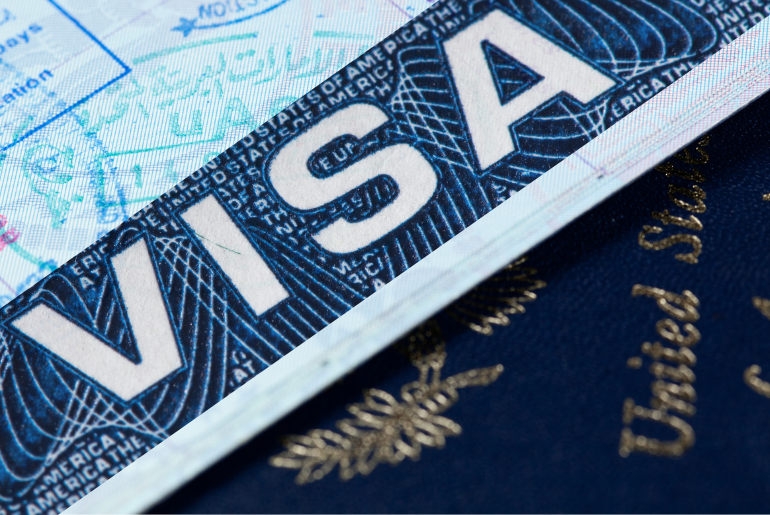Living in Dubai provides us with the advantage of short travel times to some of the world’s finest destinations. Several exceptional countries can be reached in under five hours, and some even allow UAE residents to enter without visas. Additionally, we have the neighbouring GCC countries, each possessing a distinctive charm. When travelling to these countries, it’s crucial for UAE residents to be aware of the GCC visa requirements. If you’re planning a trip to one of the UAE’s neighbouring countries during the upcoming Eid al Adha holidays, here are the GCC visa requirements you should be familiar with:
Also read: Travel Made Easy: Five Countries Offering eVisas to UAE Expats
Bahrain
To visit Bahrain, UAE residents can obtain an online GCC visa within 72 hours, regardless of their nationality. This visa, applicable only for air travel, permits a stay of three or seven days, with the option to extend it upon arrival in Bahrain by visiting the NPRA. The cost of the visa is BD12 (approximately AED 117) for three days or BD17 (approximately AED 166) for a seven-day entry. Once received via email, the GCC visa for Bahrain remains valid for 30 days and will be checked upon arrival, along with the requirement of a valid UAE visa for the next six months.

Kuwait
UAE residents, holding passports from one of the 54 specified countries, can apply online for a 30-day visa to Kuwait before their travel. The online e-visa system is available for various nationalities, including American, Australian, Canadian, Portuguese, Singaporean, Spanish, Turkish, British, and others. The complete list of 54 nationalities can be found here. The application process costs KWD4 (around AED 47) and remains valid for 90 days once issued. Upon approval, the eVisa will be sent via email. UAE residents must ensure their UAE visa remains valid for the next six months.

Oman
All UAE residents can obtain a visa on arrival when visiting Oman, provided their UAE residency visa is valid for the next three months or longer. The border crossing into Oman is approximately a one hour and 45-minute drive from Dubai, making it easily accessible by car. However, if you plan to visit Muscat, the travel time from Dubai is around five hours. For more information, visit evisa.rop.goc.com
Also read: UAE Visa Authority Revives 3-Month Visit Visa with New Fee Structure

Qatar
Qatar offers visa on arrival options based on nationality. Nationals from Argentina, France, Germany, Italy, Portugal, Seychelles, Spain, Sweden, Turkey, Ukraine, and others can obtain a 90-day visa upon arrival. Similarly, nationals from Australia, Azerbaijan, Belarus, Bolivia, Bosnia, Brazil, Brunei, Canada, China, Hong Kong, India, Indonesia, Iran, Ireland, Japan, New Zealand, Pakistan, Thailand, the United Kingdom, the United States, and more can obtain a 30-day visa upon arrival. You can find the complete list of nationalities eligible for a visa on arrival to Qatar here. For residents of countries not on the list, but who are UAE residents, an e-visa can be applied for online through a Hayya account, which requires providing details of accommodation, return journey, and a passport copy.

Saudi Arabia
Saudi Arabia has recently updated its policy for UAE residents, allowing most nationalities with UAE residency visas to obtain a tourism eVisa for the Kingdom without specifying their occupation. However, some nationalities are exempt from this process, including Iran and Syria. To apply for the eVisa, UAE residents must have a valid UAE residency for the next three months and submit an online application. The cost of the eVisa is SAR300 (around AED 293), with additional health insurance charges. Once approved, the eVisa will be sent via email and remains valid for up to one year, depending on the applicant’s nationality. For more information, visit visa.mofa.gov.sa

You may also like: How To Apply For European Entry From The UAE; A Complete Schengen Visa Guide














